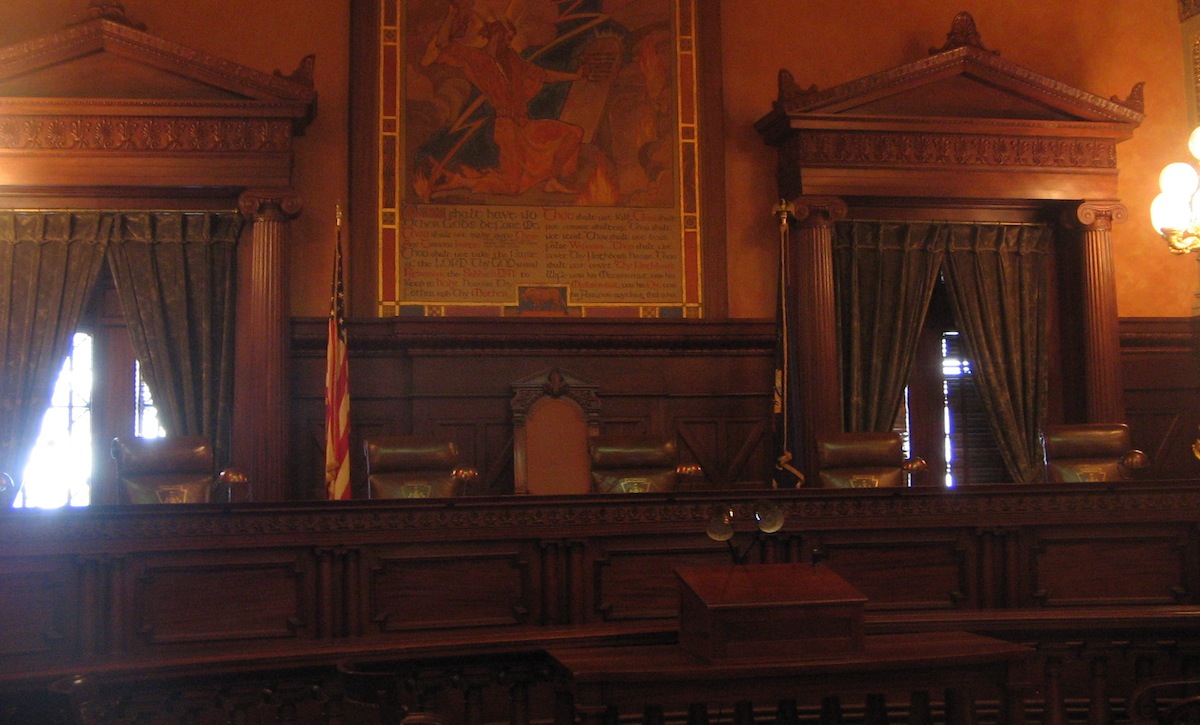A recent ruling by the Pennsylvania Supreme Court puts limits on a state law meant to ensure that contractors and subcontractors receive prompt payment for their work.
The court ruled that the state’s Contractor and Subcontractor Payment Act (CASPA) does not apply to construction projects where the owner is a governmental entity. The case, Clipper Pipe & Service, Inc. v. Ohio Casualty Insurance Co., pertained to the construction of an addition and renovations to the Navy/Marine Corps Reserve Training Center in the Lehigh Valley.
The contractor, Contracting Systems, Inc., failed to pay a subcontractor, Clipper Pipe & Service for performance of mechanical and HVAC work, according to JD Supra Business Advisor. Clipper sued CSI and its surety, asserting claims for breach of contract and violation of CASPA. The claim likely would have allowed it to recover its attorneys’ fees and possibly a statutory penalty if the court had ruled in the subcontractor’s favor.
On public projects, contractors working in Pennsylvania must rely on the Prompt Pay Act (“PPA”), which governs the payment obligations and rights of contractors and subcontractors on public projects. That statute, however, differs from CASPA with different timing provisions for payment, a different rate of interest, and a different burden of proof associated with penalty and attorneys’ fees provisions. Notably, it is also more difficult for a party to recover attorneys’ fees and penalties under the PPA than under CASPA.
Related Stories
| Jul 26, 2013
Legislation would revamp federal contracting policy impacting small design and construction firms
Legislation was introduced in the U.S. House of Representative this month to ban reverse auctions when an agency determines small businesses are qualified to bid on the solicitation.
| Jul 17, 2013
U.S. House continues to block enforcement of light bulb standards
The House of Representatives last week voted to block the enforcement of light bulb standards that many say would effectively force people to buy more expensive compact fluorescent bulbs.
| Jul 11, 2013
Bill to borrow more for college spending in Michigan criticized due to ‘higher-ed bubble’
An amendment to a Michigan appropriations budget authorizes an increase in state debt to pay for state university construction projects. But some experts see a “higher education bubble” on the horizon, and said more taxpayer debt for more buildings is a bad idea.
| Jul 11, 2013
Skanska exits U.S. Chamber of Commerce over LEED controversy
Skanska USA resigned from the U.S. Chamber of Commerce over the Chamber’s decision to support the American High-Performance Buildings Coalition.
| Jun 27, 2013
AGC urges Congress, Obama to reject caps on construction workers in immigration legislation
The unemployment rate in the construction sector in May was the lowest it has been in five years, which could signal a coming worker shortage, according to the Associated General Contractors of America.
| Jun 27, 2013
California legislators make push for prevailing wage law
California lawmakers introduced new legislation that would cut off state construction funds from charter cities that don’t mandate the equivalent of union-scale wages on public-works projects. Of the 482 cities in California, 121 are charter cities.
| May 31, 2013
Bond package to fund $2.7 billion in new university construction dies in Texas Legislature
A $2.7 billion state bond package that would have financed expansion projects at more than a half-dozen universities in Texas died on the final day of the legislative session.
| May 31, 2013
Tax break proposal for $1.5 billion expansion of Minnesota’s Mall of America advances
The Minnesota Legislature approved tax breaks worth $250 million for a $1.5 billion project that would double the size of the Mall of America in Bloomington, Minn.
| May 28, 2013
Fire Chiefs Assn., IBHS call for federal legislation to encourage states to adopt, enforce building codes
The International Association of Fire Chiefs (IAFC) and the Insurance Institute for Business & Home Safety (IBHS) are asking Congress to enact the Safe Building Code Incentive Act (SBCIA), which provides financial incentives for states to adopt and enforce building codes.
| May 27, 2013
Bill would mandate contractors use subs identified in bids on federal projects
Rep. Carolyn Maloney (D-N.Y.) filed a bill in May that would require prime contractors that bid on federal construction projects over $1 million to list each subcontractor they plan to use for $100,000 or more of work.
















